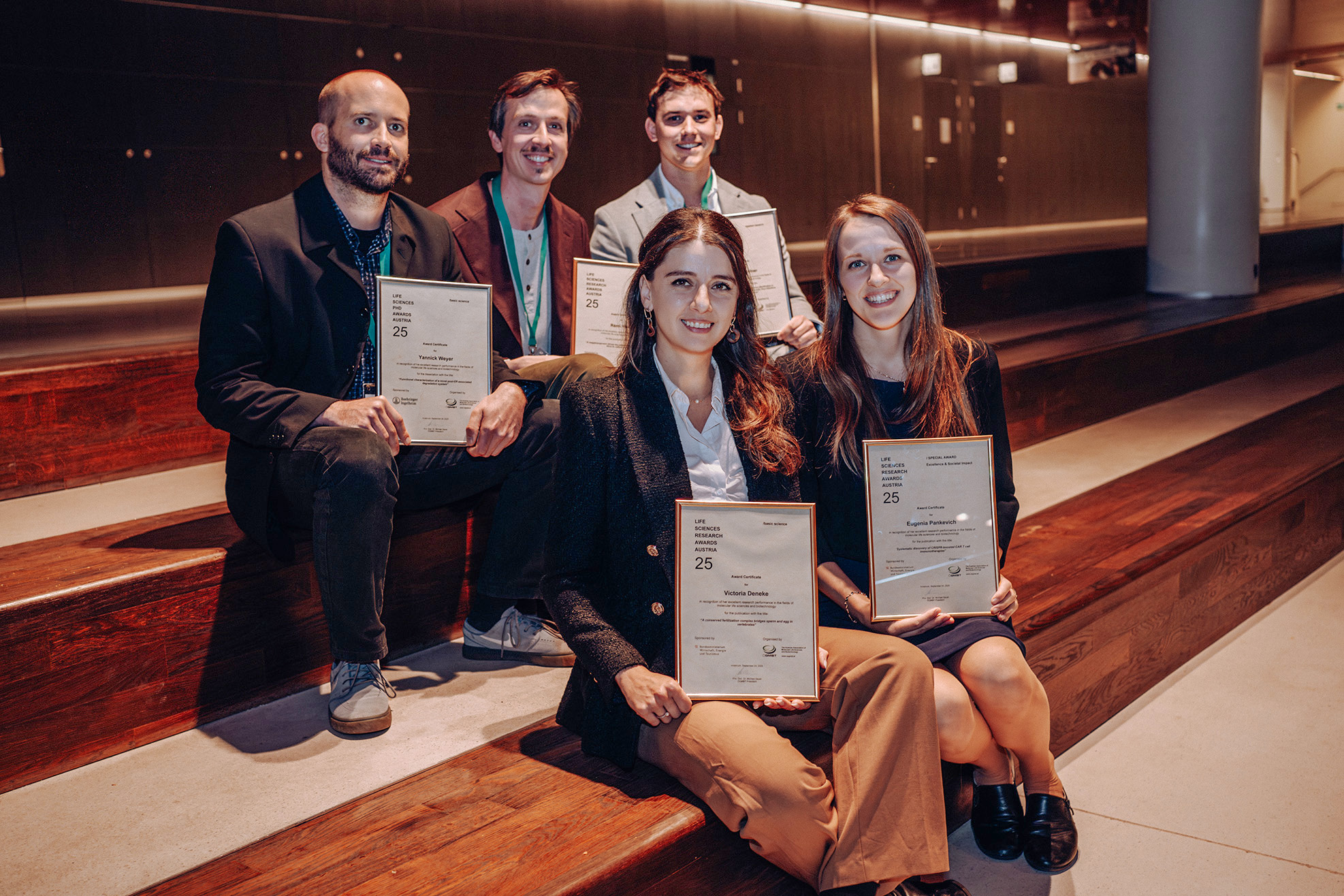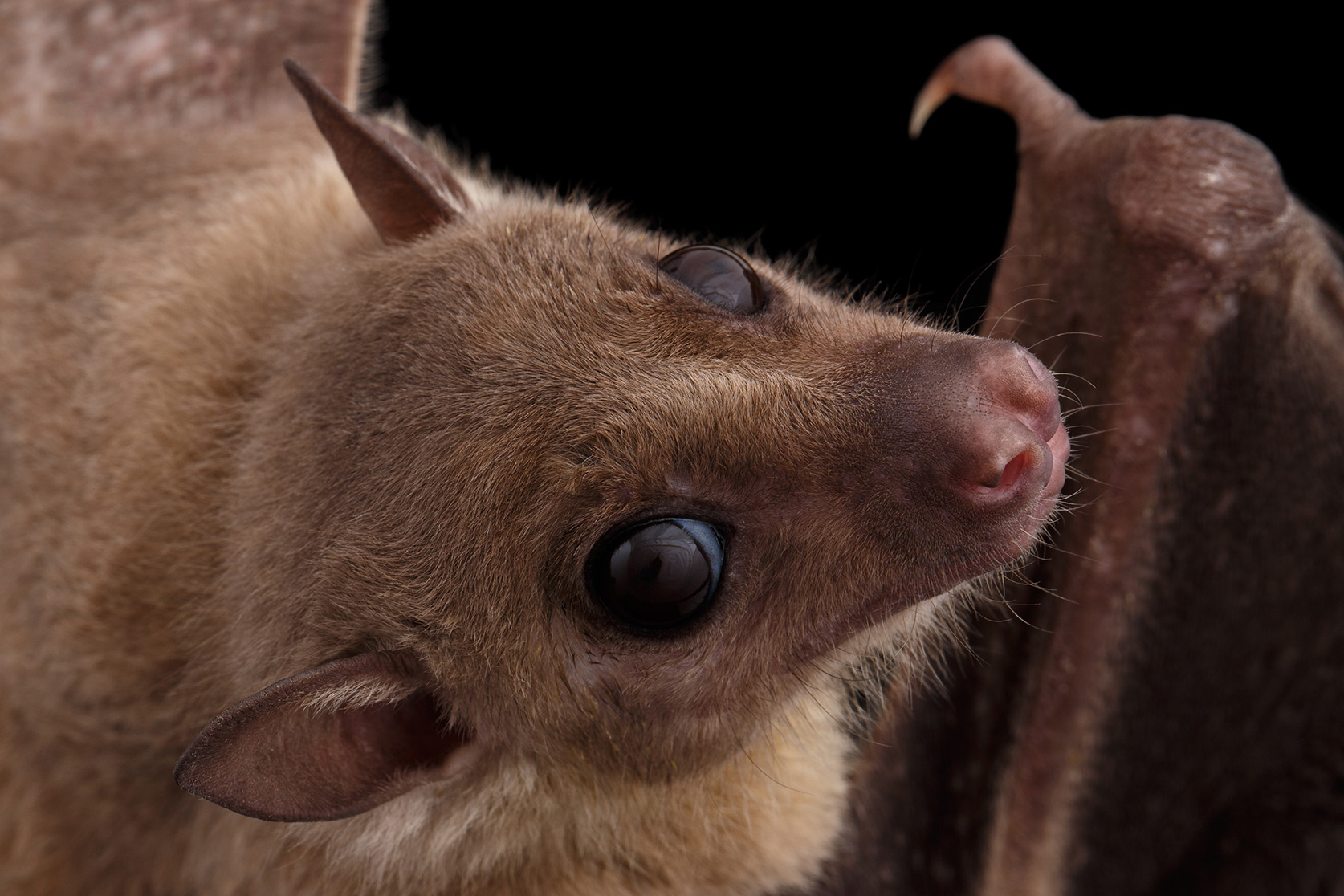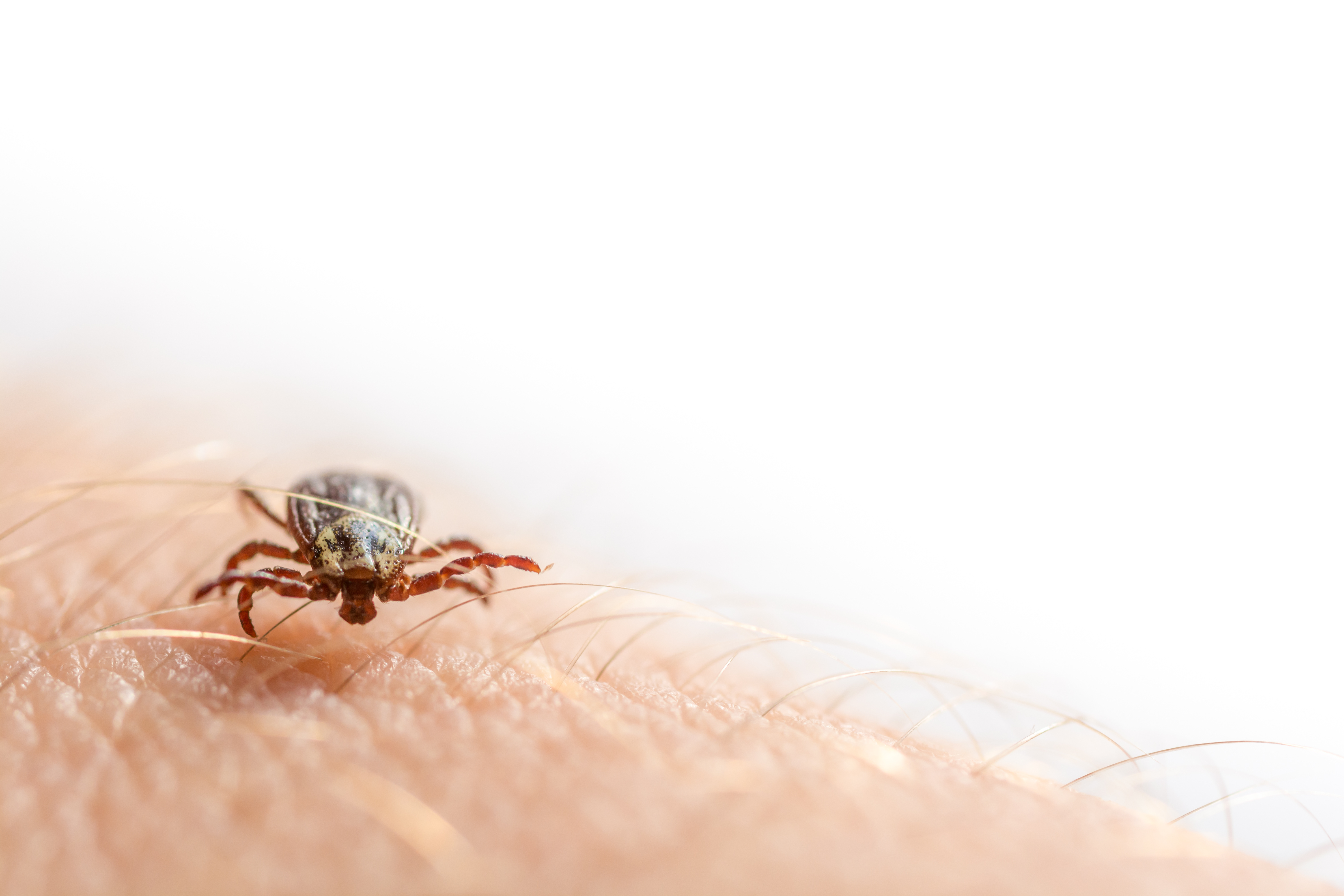IIn the category “Applied Research”, the Life Sciences PhD Award Austria 2025 goes to Dr Max Kellner for his dissertation at the Institute of Molecular Biotechnology (IMBA) in Vienna. He has developed a portable open-source test that can detect viruses in less than an hour - even in areas where the power supply is unreliable. “It's science that fits in a backpack and protects health for the most vulnerable communities,” said the jury.
Young Researcher Award: What we can learn from bats to prepare for the pandemic
Kellner also wondered why, for example, bats carry deadly pathogens and yet remain perfectly healthy. With the help of tiny, living “mini-organs” grown from bat tissue, he found clues to the bats' secret defense mechanisms - natural alarm systems that react faster and more strongly than those of humans. “These discoveries point to new ways to treat viral infections in humans and turn nature's resilience into medicine. Max Kellner's work is a rare combination of ingenuity and empathy,” said the jury euphorically.
Since May 2025, Dr Max Kellner has been head of the junior research group “Laboratory for Virus-Host Co-Evolution” (VICO) within the HZI HUMAN program. The group continues the research on the resilience mechanisms that have emerged through the co-evolution of viruses and their hosts. These mechanisms help explain why infections in natural reservoir hosts often remain asymptomatic, while the same pathogens can cause severe disease in other animal species and in humans. Using organoid systems, VICO studies virus–host interactions across different species under near-physiological laboratory conditions.
ÖGMBT Annual Meeting is Austria's most important life sciences event
The ÖGMBT represents 1,300 people and students working in the life sciences as well as 90 companies and institutions. ÖGMBT President PD Dr Michael Sauer at the annual meeting in Innsbruck: “Once again, the Life Sciences Research Awards Austria demonstrate the high international standard of researchers in Austria. On behalf of the ÖGMBT, I would particularly like to thank our long-standing supporter BMWET as well as Boehringer Ingelheim RCV and Polymun Scientific for making these awards possible.”

![Dr Charlotte Schwenner [Translate to English:] Charlotte Schwenner](/fileadmin/_processed_/6/9/csm_Charlotte_Schwenner_7952cfe0a7.webp)



